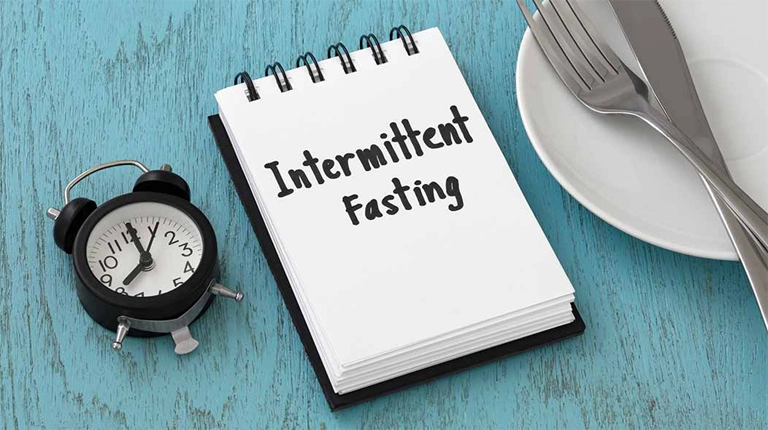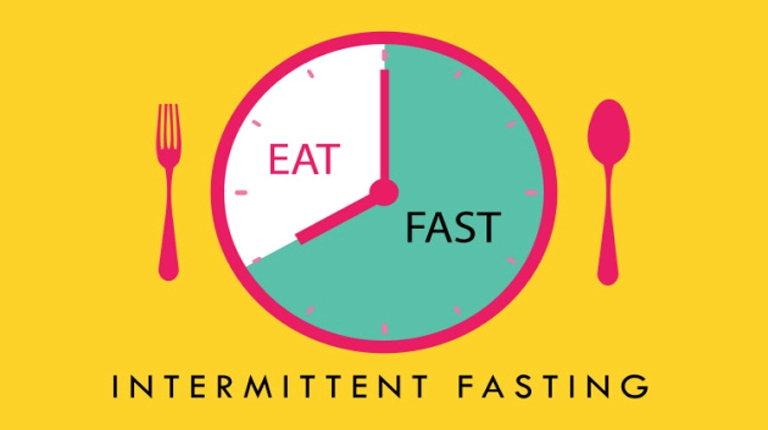What Is Intermittent Fasting and How Can It Benefit You?
Intermittent fasting is an eating pattern that alternates between fasting and eating periods, offering numerous health benefits. Here’s what you need to know:
- Fat Burning: After 12-16 hours of fasting, the body switches to burning fat for energy, aiding in weight loss.
- Cell Repair & Detox: Triggers autophagy, helping remove damaged cells, boost immunity, and reduce inflammation.
- Improved Insulin Sensitivity: Regulates blood sugar, lowers diabetes risk, and curbs cravings.
- Fasting Methods: Popular options include 16/8 (fast 16 hrs, eat 8 hrs), 5:2 (low-calorie intake twice a week), and alternate-day fasting.
- Success Tips: Stay hydrated, eat nutrient-dense foods, and be patient with results.
Intermittent fasting isn’t for everyone—consult a doctor if you have medical conditions. However, for many, it’s a powerful way to improve health and energy naturally.
If you are a health freak and always looking for a different phenomenon that people opt for keeping themselves happy then you must have heard about Intermittent fasting on the internet or maybe somewhere else. Not even this then, you might have heard your favorite celebrities raving about it, and for all the good reasons. the concept is far from becoming a phenomenon that will pass away. People rave about how fasting has helped them boost their health, sharpen their minds, and skyrocket their energy levels. Eat less; not just that, eat smart, and in sync with your body’s natural rhythms to unlock your full potential. Wondering how you can be on that bandwagon? Don’t worry; we’ve got you covered!

What Is Intermittent Fasting?
Intermittent fasting is not a diet but rather an eating pattern that includes periods of fasting and consumption of food. The concept is pretty simple, the body needs time to rest and recover, and there is nothing better than turning on that intrinsic ability for the body to burn fat, clear hormones, and restore energy.

Benefits of intermittent fasting
There are numerous benefits that intermittent fasting can provide some of the main reasons are mentioned below.
Burn Fat Cells
Probably the most prominent reason why people go for this intermittent fasting is that it helps them burn fats. When you fast, the body runs out of glucose which provides energy to our body for functioning. After about 12-16 hours of fasting, our body starts to use backup fuel which is fats to function. This helps in the burning of fats instead of sugar. As this process continues for a quiet time you will start to notice that you are losing weight while feeling more energetic.
Cell Repair And Autophagy
Fasting stimulates your body to become much more active at the cellular level by triggering the process known as autophagy, or “self-eating.” In autophagy, your cells break down and recycle damaged components, effectively cleansing out toxins and malfunctioning parts. This detoxification process inside of your body enhances cellular health, increases immunity, reduces inflammation, and potentially helps prevent some chronic diseases, including cancer, Alzheimer’s, and heart disease. Maintaining and repairing one’s cells, autophagy brings long life and allows the body to respond more efficiently to stress.
Improve Insulin Sensitivity
Regular periodic fasting enhances the body’s capacity to respond to insulin, that is, the hormone that regulates blood sugar levels. Giving the body a break from the incessant production of insulin may lower insulin levels and make cells more responsive when eaten. This means that your body will efficiently regulate blood sugar levels without spiking or risking a case of Type 2 diabetes. Improved sensitivity to insulin stabilizes energy, suppresses sugar cravings, and otherwise helps keep appetite in check, therefore helping to maintain a healthy weight.

Types Of Fasting For The Beginners
If you are new to fasting, you do not necessarily have to dive into extreme measures. Begin slowly and increase the period of your fast as your body adapts. You should also know that fasting is different than starvation. Some popular schedules for intermittent fasting include:
The 5:2 method:
This method is more beginner-friendly as it allows you to eat normally for 5 days a week and have to keep a low-calorie diet on the other 2 days. You can eat your normal meals from Monday to Friday and have to fast on the weekends. This method is more about the weekly calorie restrictions than keeping yourself hungry for longer hours.
Alternate-day fasting:
If you have become more comfortable with 5:2 fasting then you can proceed to the alternate-day fasting. In this method, your diet is restricted to one day and you can eat your normal meals on the other day. And the process continues.
The 16/8 Method:
In this method, an individual fasts for 16 hours of the day and eats within an 8-hour window. For example, if you stop eating at 8 pm, you can start having meals at noon the following day. It is more serious fasting. One should not try this without consulting your doctor.
Eat-Stop-Eat:
This approach involves fasting for 24 hours one to two times a week. It is also a useful approach, but not recommended for beginners because it might be hard for most people to stick with.

Tips for Successful Fasting
Stay Hydrated:
During your fasting period try to increase your water intake, you can also consume green teas and black coffee to stay energized plus it also helps in curbing your cravings and hunger.
Eat Nutrient-dense Meals:
If you do eat, then focus on whole foods such as lean proteins, vegetables, and healthy fats. That will keep you satisfied and fueled during fasting.

Be Patient:
Intermittent fasting does not provide you overnight results, there might be some difficulties you might face like you may feel low and hungry in your starting days but being patient and consistent will help you to give the best results.
Is Intermittent fasting right for you?
While intermittent fasting provides numerous benefits, it is not ideal for everyone. Certain medical conditions, such as diabetes and eating disorders, and pregnancy or breastfeeding are occasions that require a discussion with a healthcare provider before embarking on an intermittent fasting diet. For most healthy people, however, intermittent fasting is a fantastic way to gain a new approach to enhancing health and energy along with feeling better and happy.






